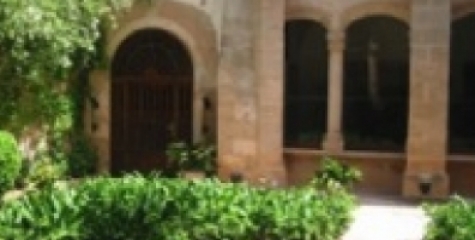WI-WE Progress
| Progress: 78.75% WWI-WE Version: 2 | |
| 0 | mandatory questions pending |
| 26 | questions total |
| 21 | questions answered |
| 21 | questions completed |
| 5 | questions pending |
Mapping Wild Cards
Inspired by: interviews » Traditional European Medicine

Originally submitted by: Sivert von Saldern
List of all contributors by versions (mouse over)
Last changed by: Sivert von Saldern
WI-WE status:
.png)
